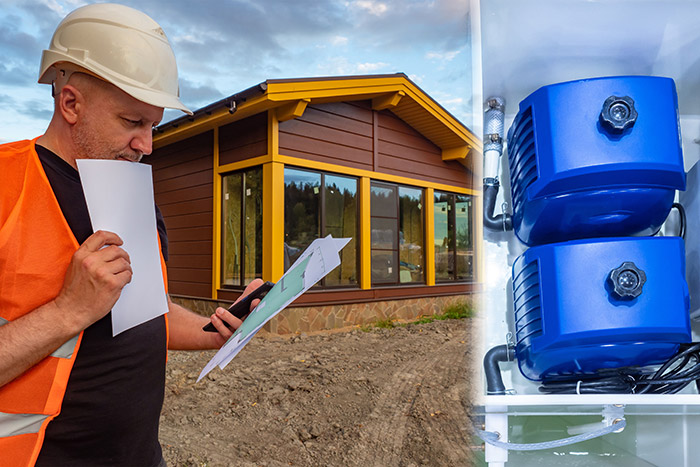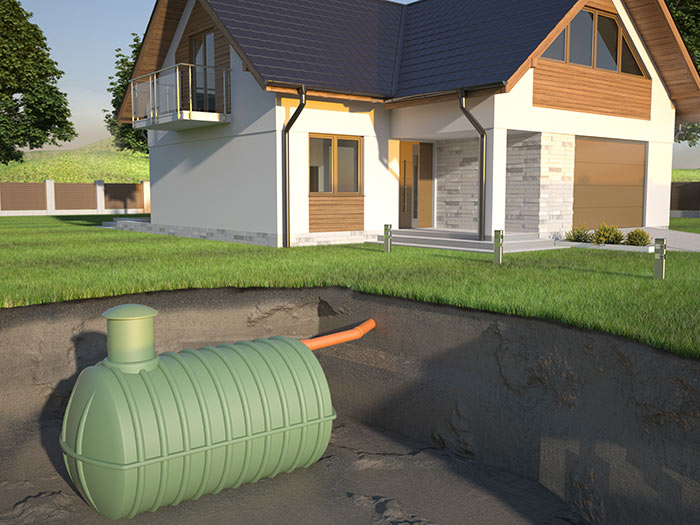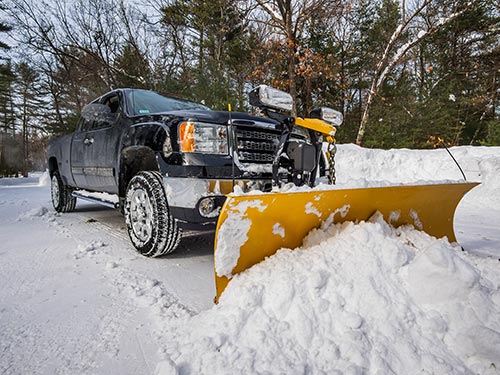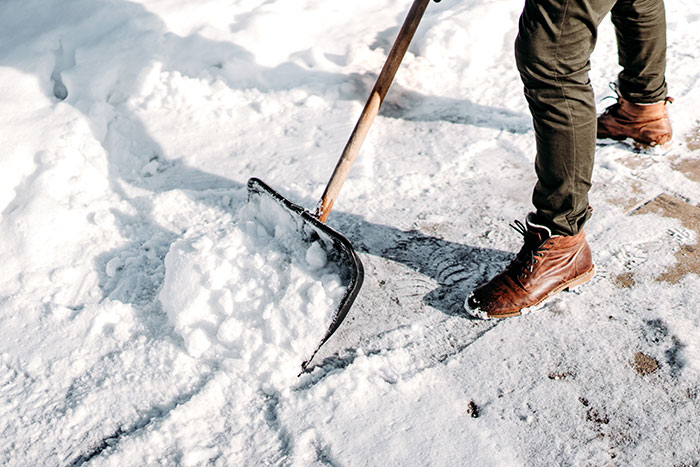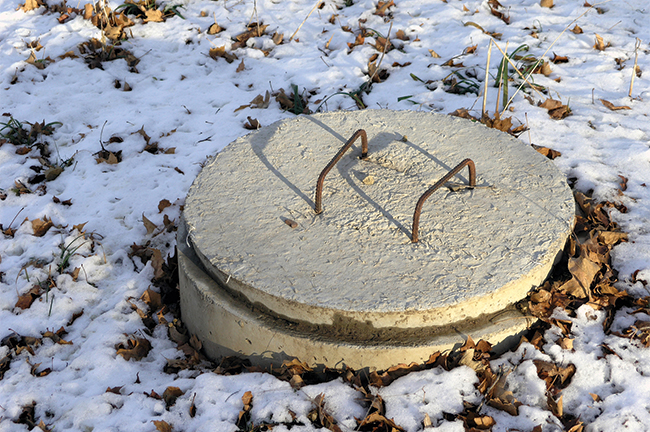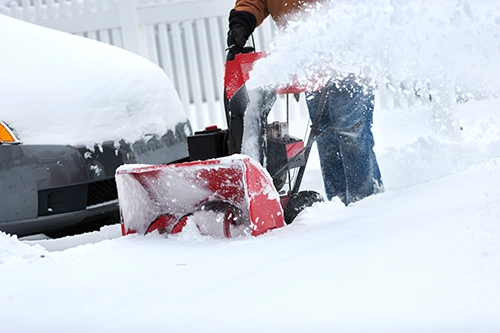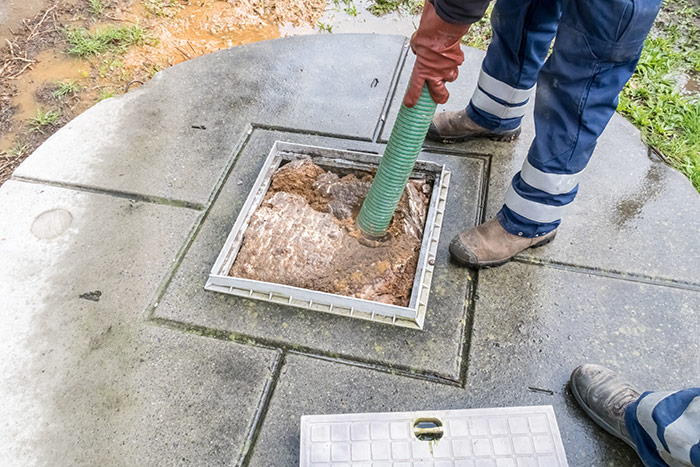
Septic tanks don’t require a lot of maintenance. If your septic tank is appropriately sized for your household, you won’t have to worry about getting it serviced frequently. Septic tanks that are good fits for their respective homes only need to be pumped every three to five years.
So, why then is your septic tank already at capacity even just a few months after it was last pumped? Is there something wrong with it? The truth is that there are several possible explanations for why your home’s septic tank filled up so quickly. Let’s discuss them in greater detail below.
1. Your Household Wastes Too Much Water
A septic tank filling up quickly is not an automatic sign that it has issues. It’s entirely possible that the septic tank reaching capacity has more to do with your habits.
For instance, showering causes plenty of water to flow down your plumbing. Now, the members of your household showering multiple times a day is not an issue. What can be problematic though is if huge amounts of water are wasted whenever someone showers. Some members of your household may keep the shower running even when they’re not rinsing off yet. In that scenario, the water is running for no good reason.
Water can also be wasted while someone is doing the laundry. Yet again, the issue here could be related to someone leaving the faucet on even when the water is not needed.
Maintaining those wasteful habits can lead to your septic tank filling up faster than expected. Avoid them as much as possible if you want to avoid placing an unnecessary strain on the tank.
2. Improper Waste Management
The way your household handles waste will also play a huge role in determining how the septic tank holds up. To be more specific, you can cause real problems for your septic tank if you don’t dispose of waste carefully.
For example, flushing big objects down the toilet is not a good idea. Even if they get past your pipes without clogging things up, your septic tank will have a harder time processing them. Those large objects will just take up space in your septic tank.
Pouring grease down the drain is also not advisable. Fat cannot be processed easily by the bacteria in the septic tank. The fat you dump down the drain will just continue to accumulate until a thick layer of scum is created. Toxic substances such as gasoline and paint should also not be poured down your plumbing. Those substances can kill the bacteria in the tank. Once the bacteria are eliminated, the wastewater will no longer be processed as intended.
Make a concerted effort to manage your household’s waste better. Both the environment and your septic tank will be grateful for your efforts.
3. Leaks along Your Plumbing and Septic Tank
Leaking could be one of the reasons why your septic tank is consistently flooded. One might think that leaking would actually ease the burden on the tank, but that’s not the case.
Leaks that form on the tank can let water out, but they may also act as entry points for the wastewater. Water may be entering the tank faster than it is being expelled. That can lead to an imbalance forming in the tank and flooding will be the result.
A leak forming along the tank is not the only thing you have to watch out for. Leaks along your pipes can also cause excess water to move into the tank. Any leaks that emerge must be patched up right away. Failing to address the leaks in time will lead to your septic tank reaching capacity quickly.
4. Heavy and/or Sustained Rains
Plenty of rain causes flooding so you cannot be surprised if that weather phenomenon also affects your septic tank. A sudden and massive downpour of rain can force excessive amounts of water into drainage pipes. Those drainage pipes will then transfer all that water into the septic tank thus causing flooding in the process.
Heavy rain is not the only issue. Sustained rain can be bad for your septic tank too. The problem with sustained rain is that it soaks the soil surrounding your septic tank’s drain field. Wet soil can prevent the drain field from doing its job. That can eventually lead to liquid that should have been expelled backing up into the septic tank.
5. Problems with the Drain Field
Speaking of the drain field, that too can be the reason why your septic tank is flooded. Drain fields that are clogged or damaged won’t be able to expel liquid like normal. Because of that, you can expect the septic tank to fill up faster.
Tree roots are notorious for damaging drain fields. Make sure you account for how the trees grow in your yard before you get the drain field installed.
The Signs That Your Septic Tank Is Already Full
You cannot just open up your septic tank and check how full it is on a whim. Septic tank inspections are more complicated than that. Most homeowners even rely on professionals to check up on their septic tanks.
Is it still possible to tell if the septic tank is full without opening it up? Keeping an eye out for the signs detailed below will help you sniff out a possible problem.
Slow Draining
Slow draining is probably going to be the first sign you’ll encounter if your septic tank is full. You may notice this when your bathroom floor ends up flooded while you’re showering.
You can check if the septic tank is the problem by first trying to unclog your drain. If the flooding persists even after your attempts at unclogging, you probably have a septic tank problem.
Foul Odors Emerging
Along with the wastewater, the unpleasant odors that accompany sewage also end up in the septic tank. However, if the tank is already full, even those gases will be denied entry. They will have to find a different way to escape.
Sometimes, those gases will escape via the drain openings in your bathroom or kitchen. They could also escape through the drain field. It’s hard to miss those foul odors. Don’t ignore them and instead take them as signs indicating that you need to take action as soon as possible.
Water Pooling on Top of Your Yard
Too much solid waste inside the septic tank can cause draining issues. If it’s working properly, the tank should drain the water into the surrounding soil.
Due to the abundance of waste, however, the water may not exit out of the designated spots. What you may see instead is water pooling in certain locations. Inspect your yard to see if there are any pools of water that have formed. The pools of water may also be obscured by growing plants.
Plants will thrive off of the wastewater being expelled onto the surface of your yard. That’s why certain patches of grass may appear brighter than normal.
Sewage Backing Up
The most unpleasant sign that your septic tank is full is the sight of sewage backing up through your fixtures. Hopefully, you were able to take action before things even reached this point. You may also end up having to spend more if the issues with your septic tank get this bad.
Contact Morse Engineering and Construction for more information.
Source: upgradedhome.com/p>

